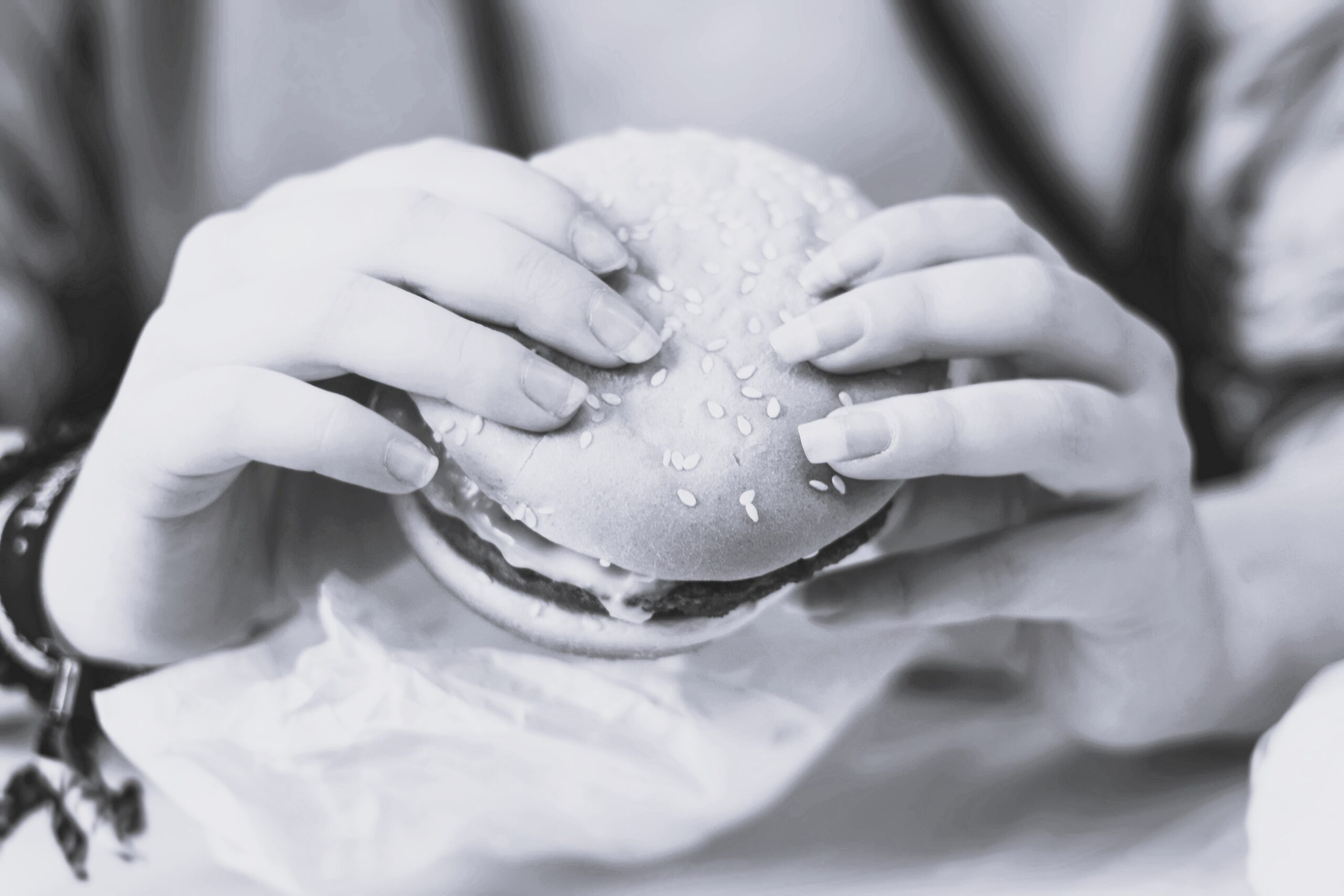What day is it?!
If you ever forget what day it is, all you need to do is check out the Instagram account of Lebron James, and he can tell whether it’s “Taco Tuesday!!” On August 15, 2019, James took things a step further and filed a trademark application with the United States Patent and Trademark Office for the mark TACO TUESDAY. Reaction to news of the filing was mixed, and a spokesperson for James even felt the need to defend the application with the statement that, “It has nothing to do with stopping others from using the term.” Websites like LATaco.com criticized James’ attempt “to restrict the free market of taco related branding, marketing, and ideation.” The New York Times questioned whether anyone should hold a trademark for a phrase in wide use at Mexican restaurants around the country, while the Los Angeles Times went so far as to criticize James’ taco recipes. But why did James even need to defend his filing of this trademark application? Why was the initial assumption that he was applying for a trademark for the purpose of monopolizing the phrase? The answer is a mix of a misunderstanding of what a trademark is, and a misunderstanding of the other benefits a trademark registration provides.
The first reaction of many people to news of a trademark application is that someone is trying to prevent others from using a word or phrase. Indeed, Patriots quarterback Tom Brady was recently in the news saying that he regretted filing a recent application for the trademark TOM TERRIFIC. Brady was quoted as saying that, “I was actually trying to do something because I didn’t like the nickname and I wanted to make sure no one used it because some people wanted to use it.” But trademarks serve much more of a purpose than granting a monopoly over the use of a term or phrase (and, in fact, they don’t grant a monopoly at all). At their core, trademarks symbolize the connection customers have with a business. Far from serving as some type of “magic talisman”, trademarks allow businesses to make connections with their customers and quickly identify a single source of the products. For that reason, trademarks are inextricably connected to the particular goods or services of a specific business. This is also why a trademark is not equivalent to a monopoly. TACO TUESDAY as used with a Mexican restaurant has a different connotation and consumer connection than TACO TUESDAY used for running shoes or TACO TUESDAY used for podcasting.
This source-identifying function is where the other benefits of a trademark originate. Trademarks can protect consumers from knock-offs or cheap imitations. When functioning properly they can help ensure that the goods and services customers buy are of a consistent quality. A strong trademark can allow a business owner to expand their business through the use of trademark licenses. Trademark registrations provide a presumption of ownership and validity that can protect business owners from weak or baseless lawsuits (a benefit also hinted at by Lebron James’ spokesperson). Some online retailing tools like the Amazon Brand Registry are not available to those without a trademark registration.
In this case, James’ TACO TUESDAY trademark application was filed covering a variety of goods and services such as advertising and marketing services, podcasting services, and a website featuring non-downloadable videos and social media posts. James may be interested in ensuring that his fans can always get their authentic Taco Tuesday memes. Or he may be looking to turn this fad into a social media side-business. Or he may be looking to protect himself from lawsuits from others who would claim exclusive rights in the phrase TACO TUESDAY. Believe it or not, there has been fairly extensive litigation in the past over the phrase TACO TUESDAY, and new applications are still being filed (including one filed just days before James’ own application.
There are many reasons for filing a trademark application, and trademarks confer a range of benefits on their owners. While it’s fun for media and social media to look for nefarious motives in a silly meme, wiping a term or phrase from the English language is difficult or impossible to do with a trademark – especially one with years of prior use. The far more likely scenario is that the lettuce Lebron James is thinking about is money from a future business and not the topping on your dinner taco.
UPDATE: On September 11, 2019, the USTPO issued a preliminary refusal on the TACO TUESDAY trademark application. This is a little surprising because the USPTO typically takes about three months to review an application and in this case acted on it in under one. The two main issues raised in the refusal are that the phrase is commonly used and is thus less likely to identify only one source (which doesn’t explain the numerous other applications and registrations already allowed for the phrase), and that James’ application may conflict with an earlier registration for TECHNO TACO TUESDAY. We will keep an eye on this ongoing taco battle!
As the law continues to evolve on these matters, please note that this article is current as of date and time of publication and may not reflect subsequent developments. The content and interpretation of the issues addressed herein is subject to change. Cole Schotz P.C. disclaims any and all liability with respect to actions taken or not taken based on any or all of the contents of this publication to the fullest extent permitted by law. This is for general informational purposes and does not constitute legal advice or create an attorney-client relationship. Do not act or refrain from acting upon the information contained in this publication without obtaining legal, financial and tax advice. For further information, please do not hesitate to reach out to your firm contact or to any of the attorneys listed in this publication.
Join Our Mailing List
Stay up to date with the latest insights, events, and more






